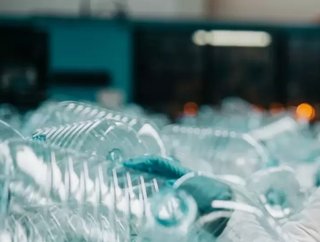Sustainable manufacturing predictions for 2022 from Flex

These predictions come from Kyra Whitten, Head of Sustainability at Flex.
Flex is the manufacturing partner of choice that helps a diverse customer base design and build products that improve the world. Through the collective strength of a global workforce across 30 countries and responsible, sustainable operations, Flex delivers technology innovation, supply chain, and manufacturing solutions to diverse industries and end markets.
2022 Will See a Huge Boom for the Circular Economy
As businesses and organisations start looking hard at their sustainability strategy, setting targets for lowered emissions, zero waste, water management and more, the Circular Economy will emerge as the strongest way to get them there. To help address scope 3 emissions to meet net-zero goals by 2030 or 2040 and meet demand from consumers who are calling for more sustainable products, it will become more important than ever to extend the life of products through strong circular economy practices. This kind of infrastructure has the potential to make the biggest impact on sustainability goals in the year to come.
Supply Chain Resiliency & Sustainability
A major priority in the year and years to come will be strengthening supply chain resiliency to withstand major events, like we have seen over the past 19 months. The good news is that investment in supply chain resiliency is also benefiting sustainability. Through supply chain resiliency strategies such as moving manufacturing closer to consumers or ensuring the supply of components through circular economy practices like parts harvesting and recycling, there is opportunity to tackle challenges such as reducing greenhouse gas emissions and minimising waste. As resiliency and sustainability remain top of mind for companies, you’ll see more and more organisations work to make progress toward their sustainability goals as they architect and execute their supply chain strategies.
Measurement and Frameworks
More than ever, companies are being asked to take action rather than simply talk about sustainability. From criticisms of greenwashing to accusations of making “moonshot goals” without the ability to deliver, there’s no question that evaluating sustainability action is tough without regulatory standards that require businesses to disclose metrics like emissions. In the year and years to come, we will see more companies join frameworks such as the Science Based Targets initiative (SBTi) and work toward disclosing against the Task Force on Climate-Related Financial Disclosures (TFCD) in order to demonstrate transparency and legitimise sustainable commitments.






